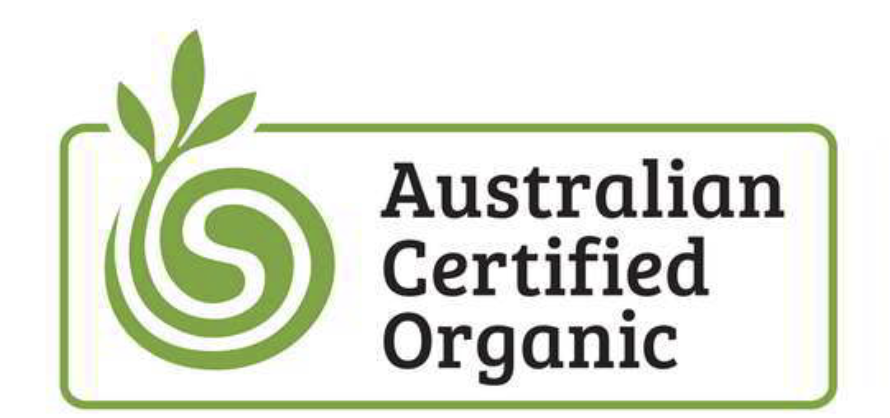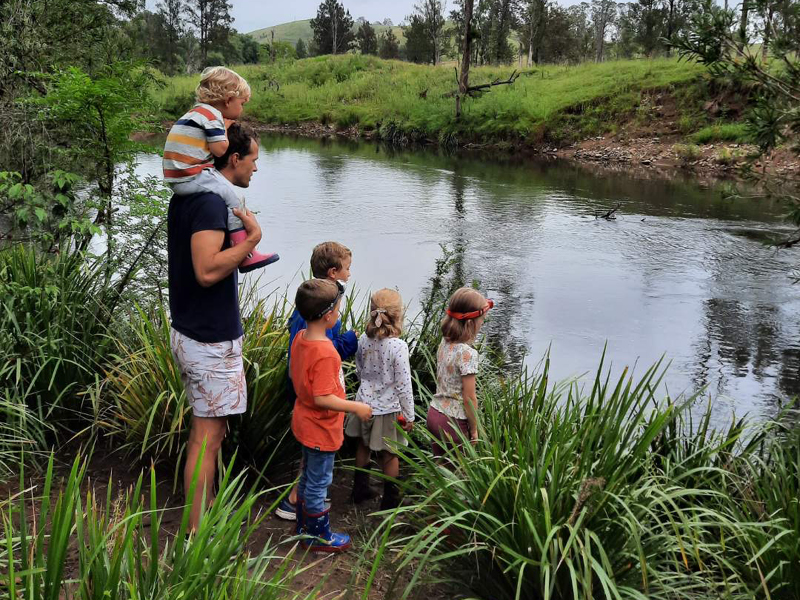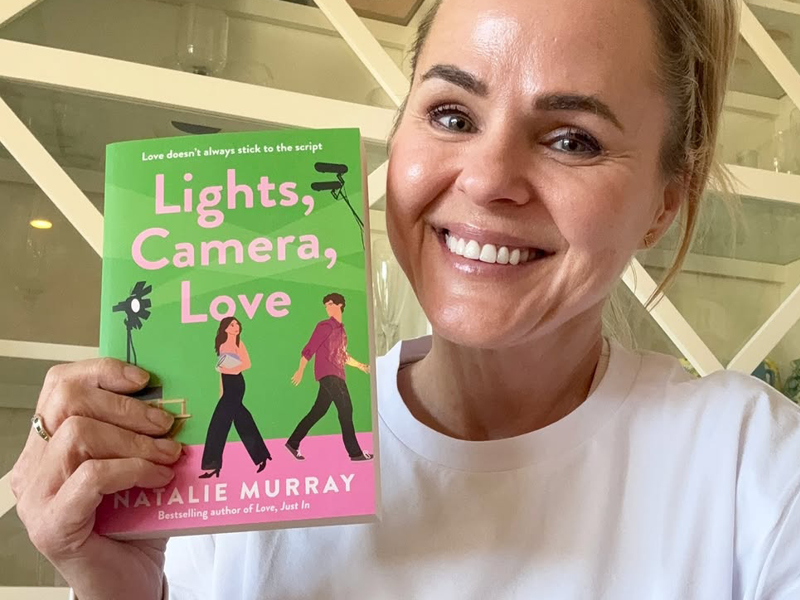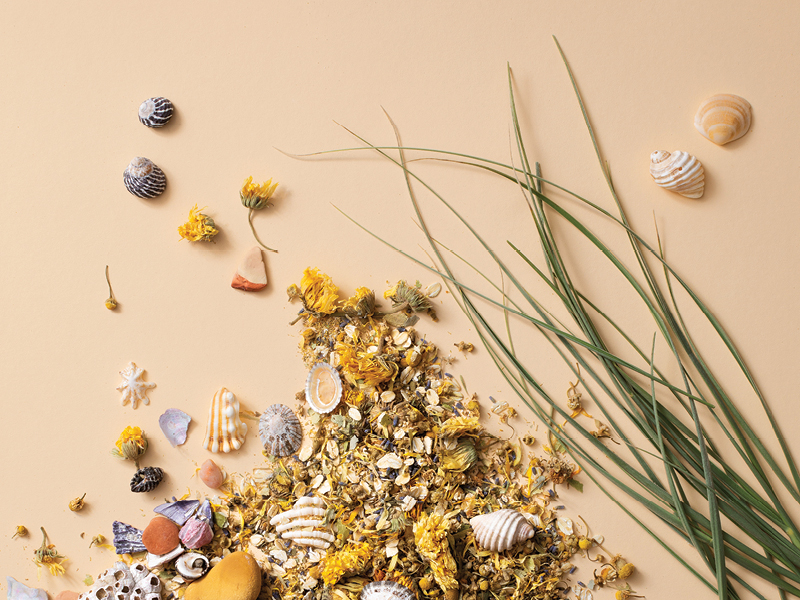There’s no better time to be making sustainable choices and supporting local, so we thought we’d offer a helping hand on all things environmental. When it comes to making decisions on household items and groceries, the whole organic, GMO, eco thing can be pretty overwhelming.
Deep breaths. We’re going to get through this. Follow me…
Organic or Seasonal?
Quick Organic Facts:
When something is labelled ‘organic’, it basically means that the produce has been grown without pesticides, radiation, genetic modifying (GMO), or anything synthetic. Organic farming consumes less energy and emits less greenhouse gases, so it’s more carbon friendly. It’s also better for our bodies because we aren’t consuming potentially harmful chemicals, to say the least.
What to watch out for:
In Australia, organic certification is not legally required for a product to call itself organic, but you do need to be able to ‘substantiate those claims’ – whatever that means. To be sure – look out for the actual certification label on packaging.

Quick Seasonal Facts:
Did you know that when fresh fruit and vegetables are available to buy out of season it means they’ve been grown in greenhouses? This requires a high amount of energy to produce and manage, so has an unsustainable cost to the environment in the long run. Alternatively, the produce could have been imported from overseas and so comes with its own set of harmful consequences to the planet. Instead we could purchase in-season produce, locally. It supports our farmers and it’s better for the environment. Win-win, my friends.
What to watch out for:
Eating seasonally means eating locally. Just because something is in season in one region of Australia, doesn’t mean that it’s seasonal everywhere.
Pay attention to where the produce has come from.
So which is better?
If you have to choose between organic shopping or seasonal shopping – go for the seasonal option! Local is best – because any food that needs to be transported and stored (even that high-quality organic goodness) is ultimately contributing to environmental costs. Visit your local farmer’s market and talk to the growers in person.
Prioritising sustainability basically means making conscious choices in your lifestyle to try to minimise your ecological footprint as much as possible.
All it takes is small steps to affect a transformational change for the sake of humanity and the natural world we live in.
Biodegradable or Compostable?
Quick Biodegradable Facts:
The definition of biodegradable is ‘able to decay naturally and in a way that is not harmful to the environment’. So for example, food is naturally biodegradable as it breaks down into smaller pieces by bacteria. Other things can technically be biodegradable, but they release harmful chemicals or gases into the atmosphere. Technically everything can be called biodegradable because everything will technically break down – even plastic. It just takes a very, very, very long time. This is where it gets a bit messy. Even products labelled biodegradable, such as newspapers and some plastics and green waste, break down into greenhouse gases in landfill thus contributing to global warming. Not cool.
What to watch out for:
Products labelled ‘degradable’. Purchase bin bags that are labelled either ‘biodegradable’or ‘compostable’ when you can.
Quick Compostable Facts:
Composting is the breaking down of organic matter – that is, anything that grows from the ground can be composted back into the ground to create nutrient-rich soil. Think fruit, veggies, flowers, soil, rather than dairy products and animal fat. When it comes to packaging, the best kind of plastic you can use – if you need to use plastic products – is compostable plastics, or ‘bioplastics’ that are made from plant materials like corn starch and renewable sources.
What to watch out for:
Only a minority of compostable and bioplastics can be composted using a home compost system, otherwise you’ll need an industrial composter.
So which is better?
Without a doubt, the better option is to always look for the word ‘compostable’. Sure, something might biodegrade… but how long will it take, and what is the impact on the planet during that time? Composting is your friend. Even if you don’t have a backyard! Check out Bokashi bins for composting in an apartment.
Sustainable or Recyclable?
Quick Sustainability Facts:
When it comes to food and lifestyle products, the word ‘sustainable’ can mean many things. There’s a growing movement towards choosing a plant-based diet, as it’s well justified as the most sustainable lifestyle for the sake of the environment. However, sustainable food production use systems that are non-polluting, use renewable energy, are economically efficient, support local and are safe for workers. Lifestyle products that call themselves ‘sustainable’ usually refer to items made from recycled or recyclable materials, or can integrate back into nature easily, such as compostable bamboo toothbrush handles.
What to watch out for:
Green-washing! Unfortunately, it’s easy to make something look environmentally friendly as an advertising gimmick. Do your research when buying products that claim to be sustainable. Question everything. Read about the company and their sustainability efforts before making a purchase and don’t just trust that two-sentence tagline on the homepage of their website next to a photo of a tree.
Quick Recycling Facts:
So many bins, so little time. Recycling is not just about throwing things in a yellow-lidded bin and going on our merry way. In fact, many people don’t recycle correctly, which can mean that an entire bin full of ‘recyclable’ packaging is deemed unfit at the recycling plant.
A few things to remember:
- Clean out jars and cans, empty liquids and scrape food off pizza boxes.
- Make sure to use corn starch or other compostable bags to collect the food waste for green bins.
- Be careful of the plastic tags on some teabags – they need to go in the garbage bin.
- Don’t place plastic bags such as shopping bags, frozen veggie bags, snap-lock bags into your recycle bin. Soft plastics can’t be recycled. Instead take soft plastics to your local Coles or Woolworths store and deposit them in the collection stations provided where they can be recycled into furniture, playground equipment, garden edging, wheel stops, and materials for walkways in parks, roads and bollards.
- Don’t recycle broken glass.
- Collect and roll up foil into a ball. It can be recycled, but only if it’s completely free of grease and food.
- Take your electronic waste to Officeworks or some participating locations.
So which is better?
Sustainability! It’s important to remember that we can’t guarantee exactly where our recycled products end up. Sure, it might seem easy and convenient to pile that yellow bin high with discarded packaging under the guise that it’s recyclable, but where is it going? Something to write on your fridge: ‘There is no away.’ Always reuse where you can and make sustainable choices to contribute to a better future for our planet.
So, are you still with me? My personal advice is to move to a shack on the top of a mountain and live off fresh air and sunshine.
Just kidding. It’s not all about overhauling our lifestyles completely, creating an urban farm and avoiding plastics altogether. Prioritising sustainability basically means making conscious choices in your lifestyle to try to minimise your ecological footprint as much as possible. All it takes is small steps to affect a transformational change for the sake of humanity and the natural world we live in. The United Nations says that sustainability means ‘meeting the needs of the present, without compromising the ability of future generations to meet their own needs’. In other words, let’s be conscious of our decisions and mindful of what we’re buying. Always consider where it comes from, how it’s packaged, and the ramifications of its production.





